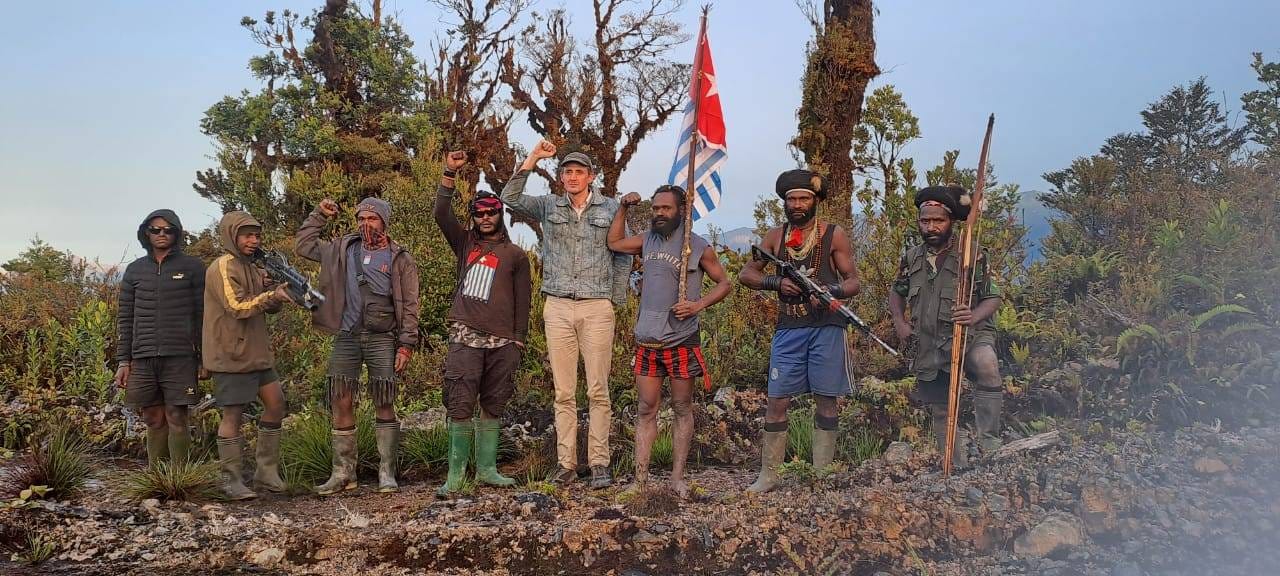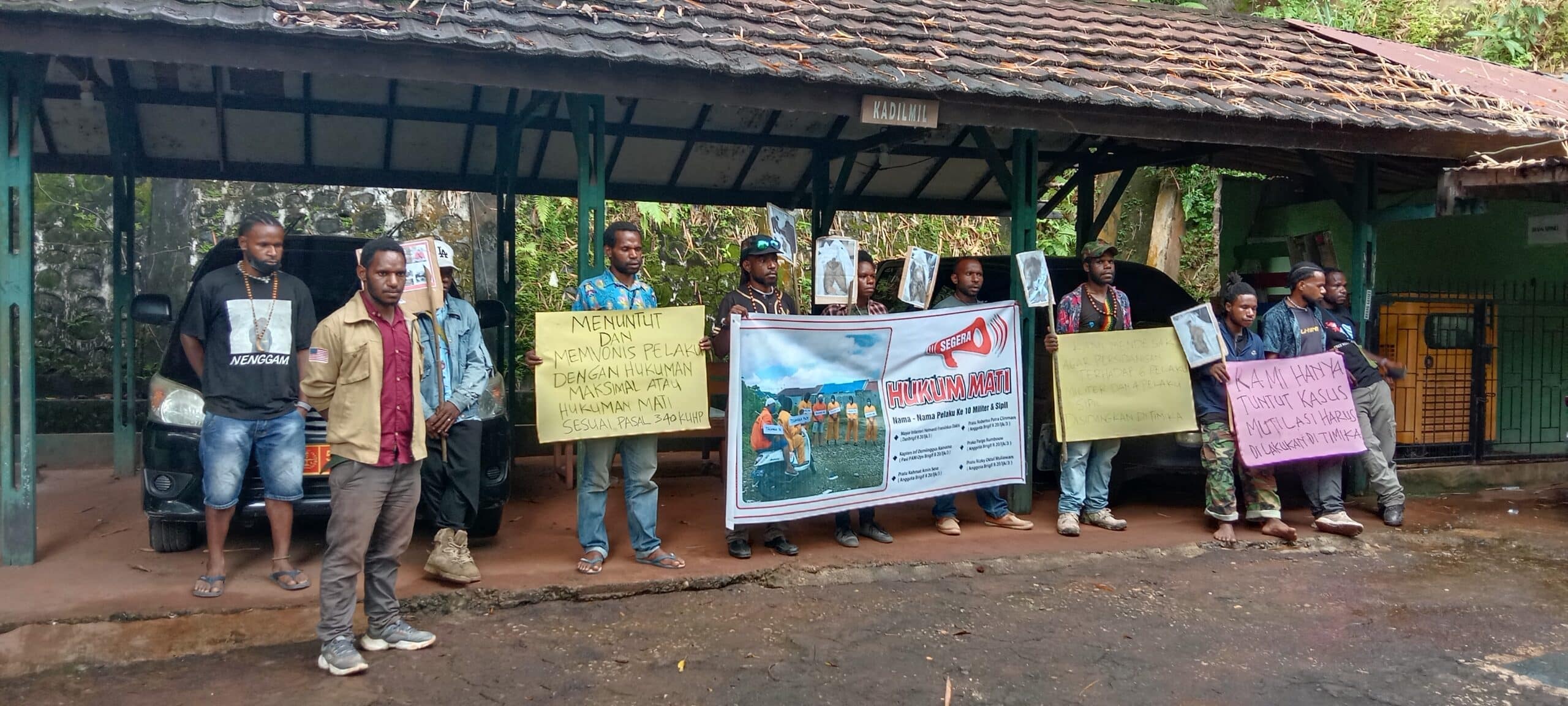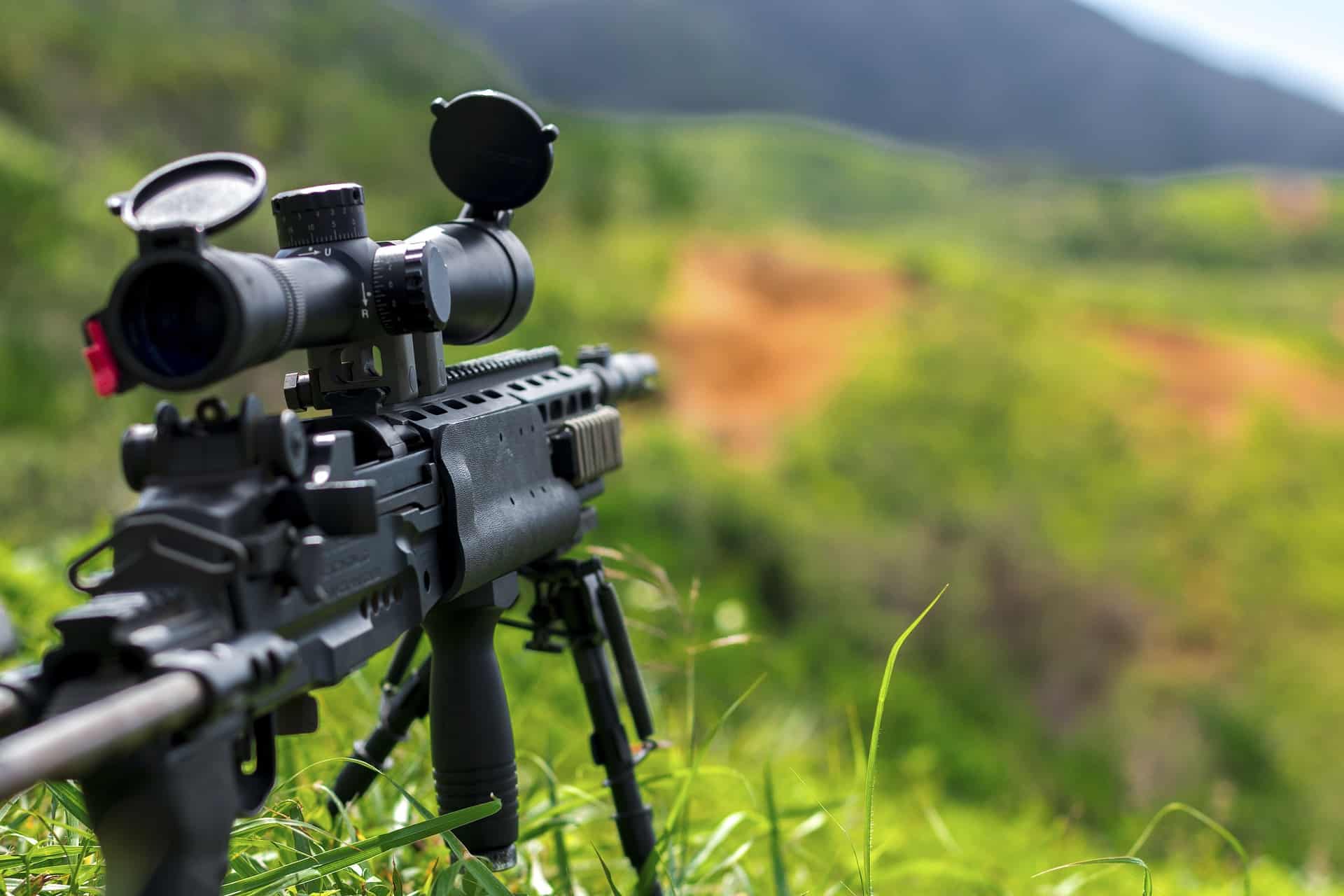Jayapura, Jubi – It has been more than 20 days since Susi Air pilot Philip Mehrtens, a New Zealand national, was taken hostage by the West Papua National Liberation Army (TPNPB). TPNPB has released videos and photos showing that he is with them. Efforts to free Philip continue to be made through negotiations and plans for military operations.
Last week, Coordinating Minister for Legal, Political, and Security Affairs Mahfud MD said the Indonesian Military (TNI) and Police were ready to carry out an operation to free Mehrtens. However, New Zealand requested that the operation be canceled because the main priority was the safety of Mehrtens. The liberation operation will reportedly be led by Korem 172/PWY commander Brig. Gen. JO Sembiring.
Mahfud added that the exact location of Mehrtens was already known.
“Papua is a legitimate part of Indonesia. Therefore, there is no negotiation about it and we will defend and eradicate anyone who wants to take any part of Indonesia,” Mahfud said at the time.
TPNPB claimed to have heard of Mehrtens’ liberation operation plan. They said they were ready to face the operation.
“Our troops are ready. Troops from Yambi, Puncak Jaya, Sinak, Gwijawage, Ilaga, and Lani Jaya have been in Paro since three weeks ago and they were ready to fight,” said TPNPB spokesman Sebby Sambom.
According to Sambom, TPNPB is very familiar with the terrain in Nduga. “Weapons and terrain are not a problem, the fighting spirit will determine our victory. We also urge the security forces not to target civilians to get information about TPNPB,” Sambom said.
TPNPB, Sambom continued, demanded Papuan independence as a condition for the release of Mehrtens in Nduga. They also asked Australia and New Zealand to stop exporting military equipment to Indonesia.
Ransom issue
Recently, Indonesian security forces made a statement that TPNPB asked for ransom and weapons for Mehrtens’ release. John Martinkus, an Australian freelance journalist who has been held hostage and knows about the conflict in Papua, said if there was a demand for money, it was unlikely to be paid.
Martinkus, who was taken hostage in Baghdad, said no one would pay ransom to the abductor, not the government nor the company where the hostage worked.
Looking at the video footage that circulated, Martinkus thought Mehrtens, who spoke Indonesian rather fluently, had identified with the motivation of his captors. Martinkus believed Mehrtens had shown some kind of connection or empathy that made Mehrtens less likely to be mistreated while increasing the likelihood that he would be released safely.
Martinkus, who was a journalist in Timor Leste before the country separated from Indonesia, said he knew very well how the Indonesian security forces operate. He believed they would have a modus operandi and act with violence rather than negotiation.
“When they attack a village, they destroy it. They burn houses and rape women. Since generations of officers have behaved like that in the past, I fear that they will do it again,” Martinkus says, recalling what he witnessed in Timor Leste.
What Martinkus said was confirmed by Sambom. According to Sambom, what Martinkus fears has already begun to happen. Statements by Indonesian security forces that TPNPB asked for ransom and weapons for Mehrtens’ release were an attempt to legitimize military action in an effort to free the New Zealand pilot.
“They said we asked for money and weapons to justify their attack. The Indonesian security forces are building opinions to justify their actions, which are not different from their actions to Mapenduma in Timor Leste,” Sambom said.
Sambom also emphasized that TPNPB never asked for money and weapons to free Philip Mehrtens.
“The Indonesian security forces are lying. We never asked for ransom or weapons for Mehrtens’ release,” Sambom said.
Papuan Church Council calls for Philip Mehrtens release
The Papuan Church Council called on TPNPB to immediately release Philip Mehrtens. This hostage-taking, said Rev. Benny Giay, would take a toll on the psychology of his family.
If the pilot was released, Giai said, he was sure TPNPB would receive sympathy from the global community and the Indonesian people.
According to the Council, there must be a neutral mediator or negotiator trusted by both the TPNPB, the community, and the government to release the pilot. Otherwise, many victims will fall.
Giai himself was part of a negotiating team resolving a similar issue in Ilaga in 2010. At that time, Giai said, security guarantees were given directly by then Papua Police chief I Made Pastika, and everything went smoothly. (*)















